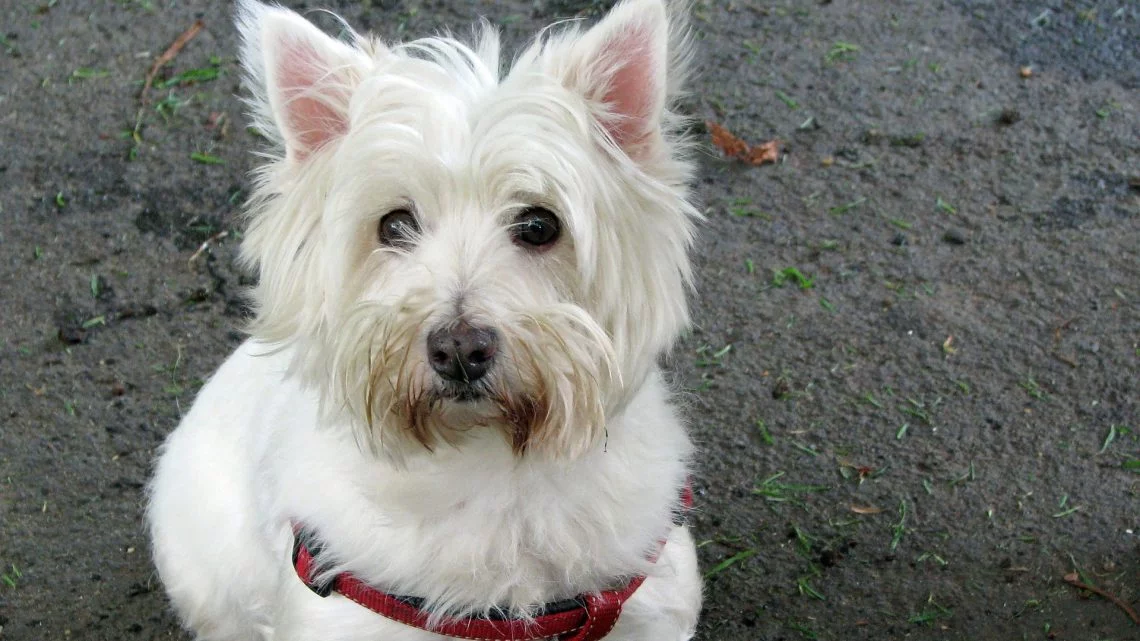
Dogs with fewer facial markings give humans more expressive looks
Dogs with simple facial markings tend to be more expressive when interacting with humans compared to those with complex, multi-coloured markings, new research reveals.
The study by George Washington University’s GW Primate Genomics Lab found that study highlighted that owners of middle-aged dogs, ranging from two to seven years, are particularly accurate in judging their dog’s expressiveness, especially if the dog has a simpler face.
The research, which is published in the journal Animals, also reveals that older dogs tended to be less expressive with their human pals. The researchers speculate that this might be due to the fact that long-term canine companions may not feel the need to be overly expressive, having already established a deep connection with their humans.
In addition, the research shows working dogs or those that have undergone extensive training were observed to be more expressive, possibly due to the nature of their roles demanding clear communication.







One Comment
Michelle
A cynical point of view but – older dogs are probably less expressive because they’ve learnt their facial expressions are ignored/not taken notice of by their owners. People are not good at dog body language. Dogs that have received training are also dogs that ave owners who have invested time in them, giving them attention and focus. They will have been rewarded more often for facial expression.